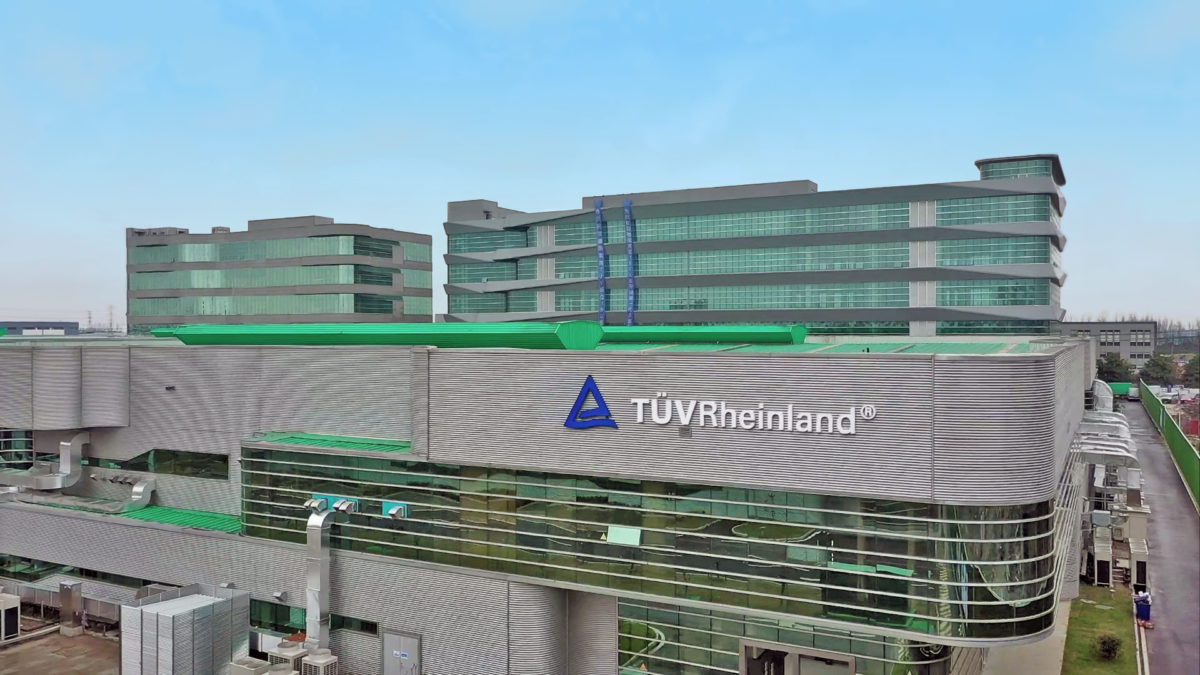From pv magazine Germany
TÜV Rheinland announced it will open a new laboratory for solar module testing in Taicang, near Shanghai, China.
The German certification body said the new lab will be located at the Yangtze River Delta Operation Hub, which is now under construction, and will have a total surface of around 12,000 m2.
“These include a more than 5,000-square-meter laboratory for testing photovoltaic modules and a more than 2,000-square-meter laboratory for electromagnetic compatibility (EMC) testing,” TÜV Rheinland said in a statement. “There is also a 4,000-square-meter laboratory for EMC testing specifically of automotive electronics and automotive parts, as type testing of autonomous vehicle systems as well as electric vehicles is becoming increasingly important.”
Popular content
In further expansion, TÜV Rheinland is planning to create a laboratory space totaling 37,000 m2 there by the end of 2023. This will make the facility the company's largest laboratory site in China, and incorporate testing for electronic products, automotive parts, and autonomous vehicle systems as well.
So far, 150 additional jobs have been created in Taicang, after the complete expansion up to 500 employees will work there. The site will be closely integrated into the testing company's worldwide laboratory network.
“For TÜV Rheinland, the Yangtze River Delta Operation Hub is one of the largest single investments in recent years,” says CEO Michael Fübi, adding that the project shows the importance that TÜV Rheinland attaches to the Chinese market. “With our safety and quality tests, we support Chinese customers entering global markets.”
This content is protected by copyright and may not be reused. If you want to cooperate with us and would like to reuse some of our content, please contact: editors@pv-magazine.com.


By submitting this form you agree to pv magazine using your data for the purposes of publishing your comment.
Your personal data will only be disclosed or otherwise transmitted to third parties for the purposes of spam filtering or if this is necessary for technical maintenance of the website. Any other transfer to third parties will not take place unless this is justified on the basis of applicable data protection regulations or if pv magazine is legally obliged to do so.
You may revoke this consent at any time with effect for the future, in which case your personal data will be deleted immediately. Otherwise, your data will be deleted if pv magazine has processed your request or the purpose of data storage is fulfilled.
Further information on data privacy can be found in our Data Protection Policy.